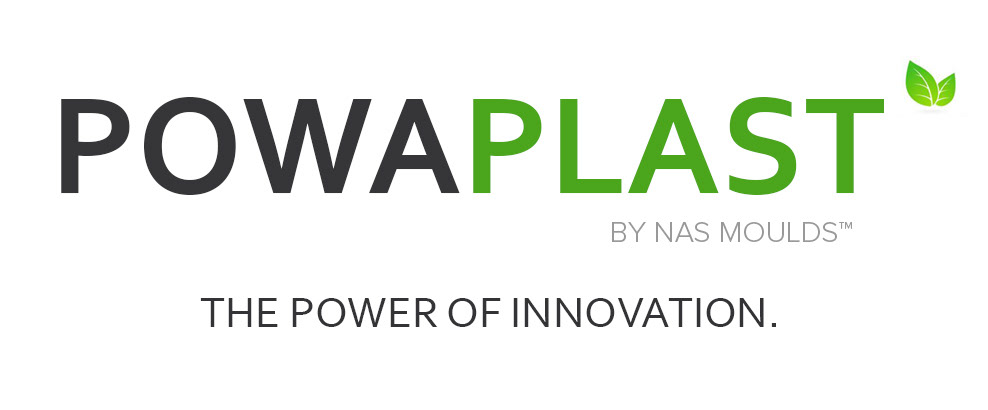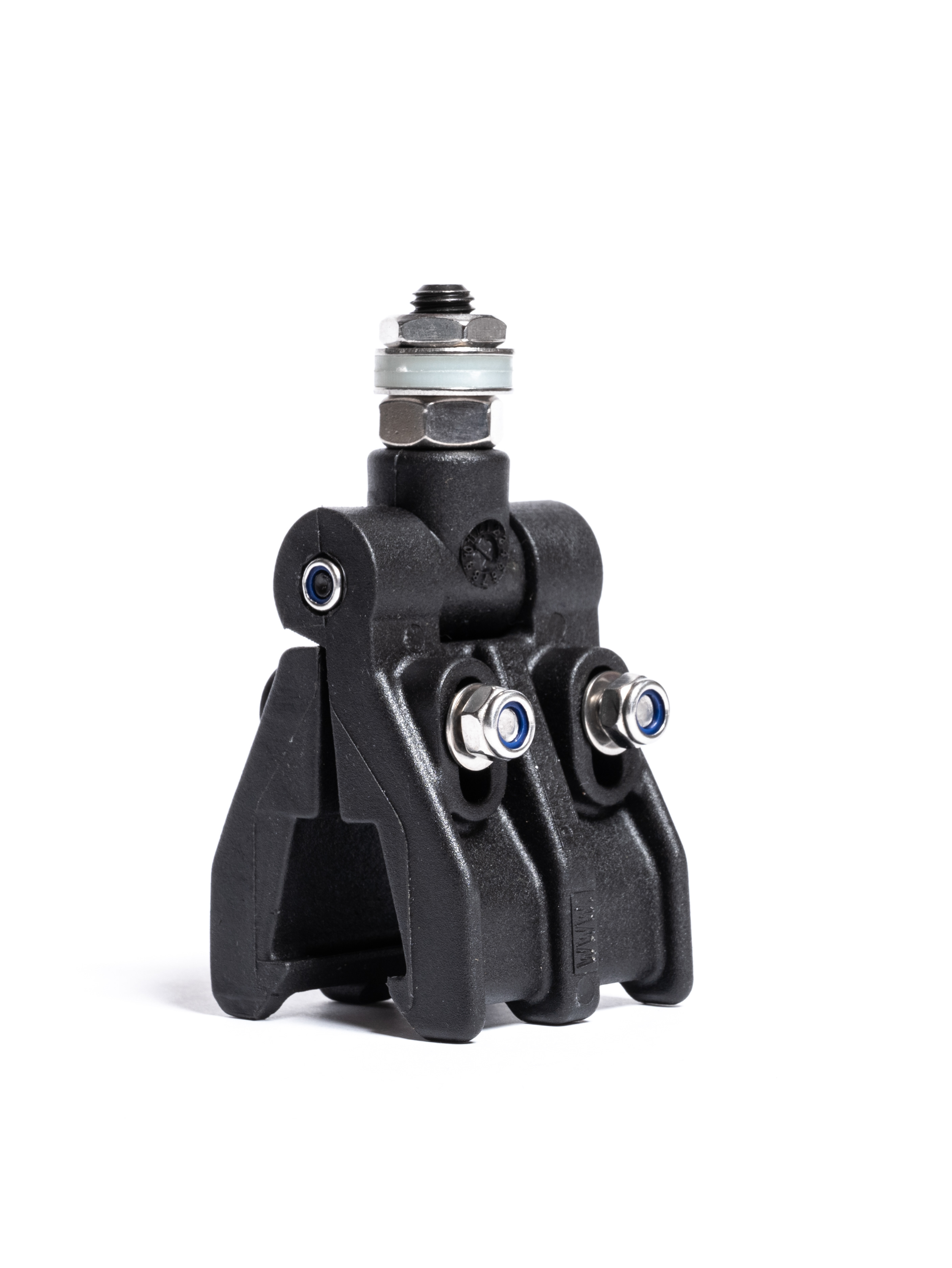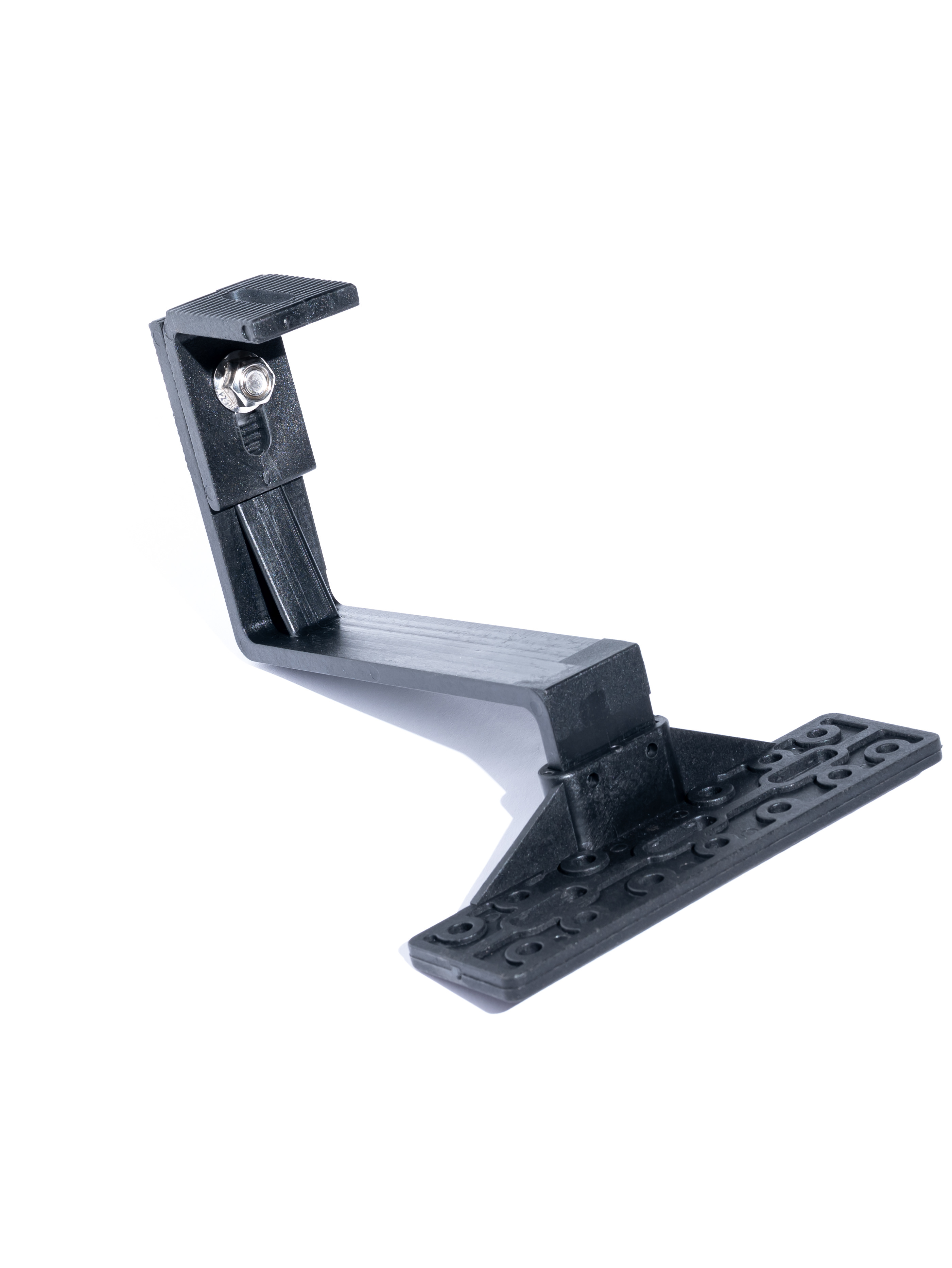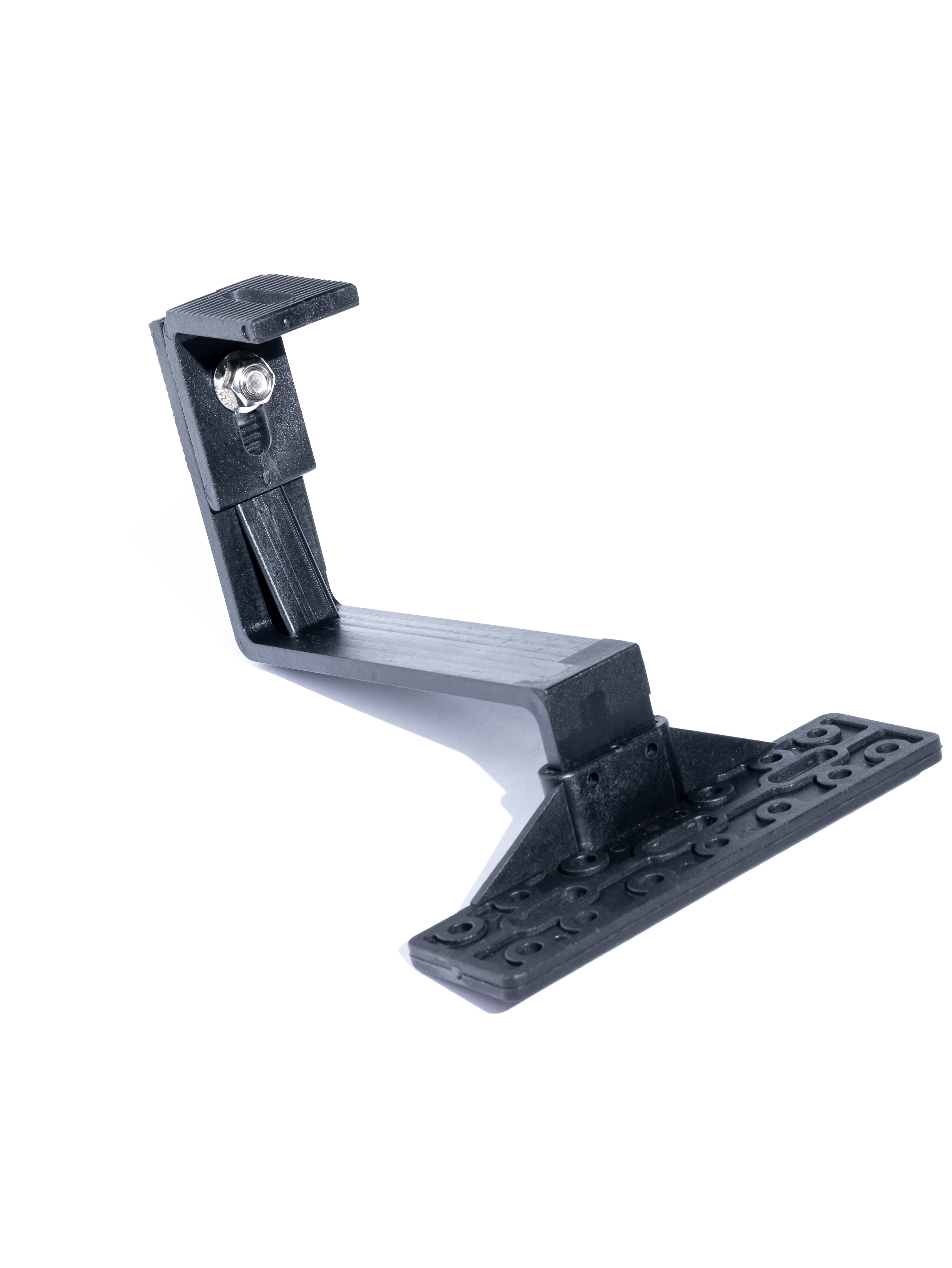WHAT IS GLASS-FILLED NYLON 6?
NYLON 6 is an industrial strength synthetic polyamide thermoplastic used in many engineering and manufacturing applications due to its remarkable strength-to-weight ratio, high heat and weathering resistance, low thermal expansion rate, extreme durability and non-corrosive properties when compared to metal alloys.
Pound for pound, fiberglass is stronger than steel. Adding glass fibers to robust Nylon 6 - resulting on average in a one third fiberglass and two thirds Nylon polymer - increases its hardness, strength, heat resistance and durability by up to 200%, making GLASS-FILLED NYLON 6 a popular low-cost manufacturing choice for components used in highly challenging environments where extreme tensile strength, rigidity, resistance to environmental stress and longevity are crucial factors. Most notably, these include the engineering, military, automotive and firearm sectors where it is used extensively in the manufacturing of heavy-duty gears, bearings, manifolds, pumps, pipes, screws and valves, as well as pistol and assault rifle frames.
WHY USE GLASS-FILLED NYLON 6 IN NEXT-GENERATION SOLAR MOUNTING STRUCTURE COMPONENTS?
REDUCED WEIGHT
With its unrivaled strength to weight ratio, GLASS-FILLED NYLON 6 is significantly lighter than metal alloys, resulting in reduced structural loads in PV configurations, while also assuring easier workability and lower injury risk during rooftop installations and other sites where access might be challenging.
NEAR-ZERO CORROSION
Unlike metal, GLASS FILLED NYLON 6 is non-corrosive and will not succumb to environmental stressors like rust and galvanic leaching over time, thereby preserving the cosmetic appearance and structural integrity of the PV installation.
EXTREME STRENGTH
Boasting a tensile strength value of up to 200 MPa, flexural strength of up to 300 MPa and compressive strength up to 170MPa, GLASS-FILLED NYLON 6 offers superb structural and load-bearing capabilities which rivals that of most aluminium alloys and can withstand the most severe wind loads and weather conditions.
VALUE
The production cost of GLASS-FILLED NYLON 6 is significantly lower compared to that of metal alloys, meaning lower prices for the end-user and increased value for money in an industry where integrated systems can carry a hefty price tag.
HEAT AND WEATHERING RESISTANCE
GLASS-FILLED NYLON 6 has a particularly high resistance to heat, especially in static load-bearing applications like solar panel mounting with a softening point of roughly 250C. It also boasts a very low coefficient of thermal expansion, meaning that it doesn’t expand or constrict significantly during temperature extremes, thereby preventing fissures and cracking.
DURABILITY
With its excellent wear, chemical and deformation resistance, along with its extreme tolerance for heat, UV and weathering, GLASS-FILLED NYLON 6 will endure a multitude of stressors over many years while maintaining peak structural integrity, outlasting or at the very least matching the proposed lifespan of the most reputable solar panel modules found in the market today.
A GREENER ALTERNATIVE
Metal and thermoplastic production have roughly the same environmental impact and both materials can be recycled effectively. However, while metal manufacturing and its methods are long-established, thermoplastics is a comparatively new industry founded on rapidly-evolving technology, with glass-filled polyamides expected to lead the worldwide reduced emissions and recycling initiative within the next decade when compared to metal alloys. With new technology already available that can cut greenhouse gas emissions from polyamide production by up to 90% and recycled glass-filled polymers’ reuse in the automotive and appliance industry being one of the fastest growing global markets, GLASS-FILLED NYLON 6 is set to be the more sustainable PV mounting option for the renewable energy sector.



